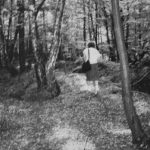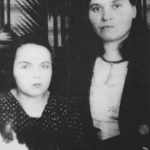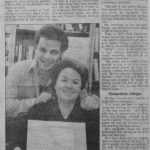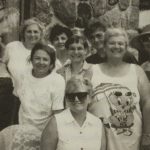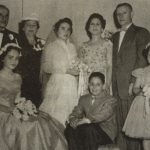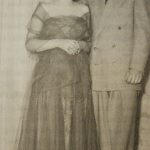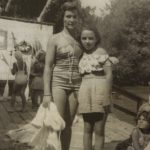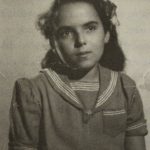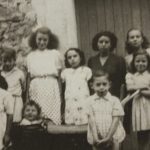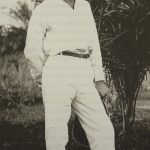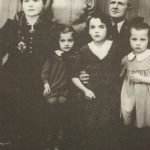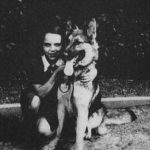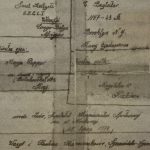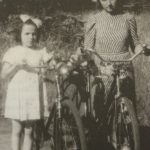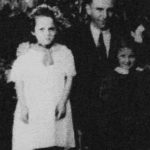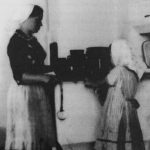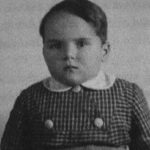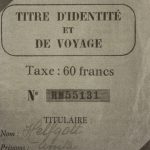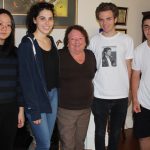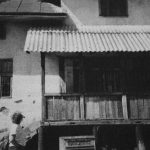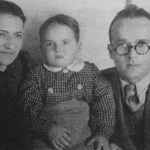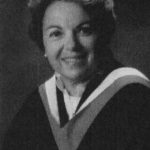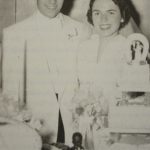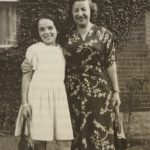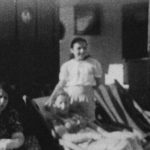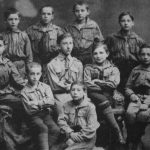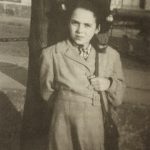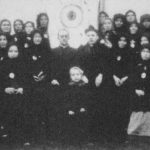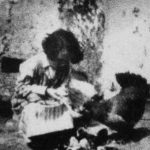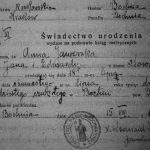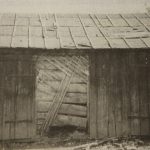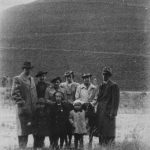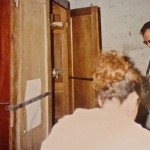Anita Helfgott was born in Lvov, Poland on July 18, 1934. Her parents were Edzia and Fischel Helfgott. Anita was an only child and was therefore slightly spoiled before the war. For the first 2 years of the war, Anita lived under Russian occupation. Life at this time changed very little. The only way that Anita felt the war was in the small shortages of food. Anita’s father was asked to go with the Russians when they retreated, but he declined, not knowing what was to come. After the German invasion, many things changed, especially for the Jews. Anita’s father lost his job and Anita was no longer allowed to go to school. Anita and her family were moved into a ghetto several kilometers away. After Anita’s mother was taken away in a random round up, Anita’s father became desperate. He asked a Polish man named Jozef with whom he worked to save Anita. The Polish man carried Anita out of the ghetto at night in a sack. This family took an incredible risk as it was against the law to hide a Jew. If they were caught, the whole family would have been killed. Once with the family, Anita was given a new name and a new story. After a close call with the police, it was decided that Anita could no longer stay with the Polish family. She was secreted back to her father. The ghetto had been disbanded and the people sent to Belzec. During the day while Anita was living with her father, she had to hide in a wardrobe. The Polish man rescued her again and Anita said goodbye to her father for the last time.
This time Jozef brought her a fake passport so that she could travel. Anita and this man took a train to where the man’s nephew was living near the Russian border. This nephew was a priest who had agreed to hide Anita. She stayed with him until the end of the war. Anita had a surviving aunt who was living close by. This aunt had been saved by Oskar Schindler. This aunt came to get Anita on April 1, 1946. They left Poland in 1946 with the intention of heading to the U.S. In 1948, Canada opened its doors and Anita’s aunt in NY found someone to sponsor them. Anita and her aunt moved to Toronto and began their new life.
Anita is now actively involved in Holocaust education, and she participates annually in the March of the Living. She was interviewed for this project by Meghan Kates. In June 2018 Anita invited us into her home, and Mr. Masters and a delegation of students interviewed her once again.
Videos
Click next video below to keep watching
